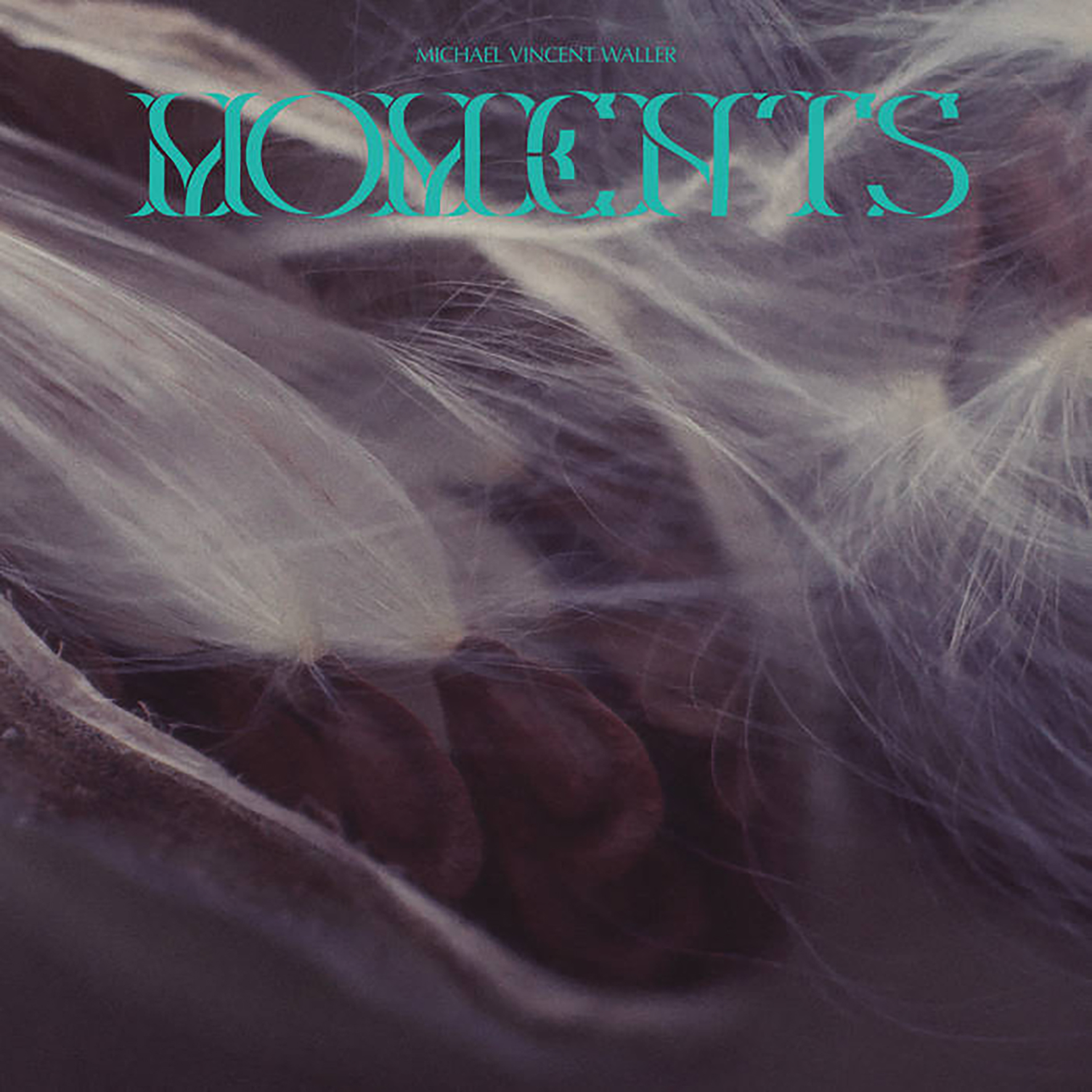 This NYC-based composer has long been a bit of a curious enigma to me, as he seems to travel primarily in experimental music circles, yet seems unwaveringly devoted to making very traditional and melodic classical music. In a quietly subversive way, however, composing simple, elegantly lovely piano pieces in 2019 is a radical act in its own right. That is where Waller (mostly) arrives on Moments, his third album and most minimal, distilled statement to date. That approach suits him well, though I am not necessarily sure he needed go more minimal than he did with 2017’s excellent cello/piano album Trajectories (released on Sean McCann’s always interesting Recital Program imprint). To some degree, Moments feels less like complete statement than its predecessor, resembling instead a kind of expertly curated mixtape of different piano composers unified by a knack for lyrical melodies and a sort of warm, wistful Romanticism. Some are among the most beautiful pieces that Waller has composed to date though, which makes Moments akin to a strong (if improbable) "singles album" of sorts. At times, it also feels like the beginnings of a major creative leap forward.
This NYC-based composer has long been a bit of a curious enigma to me, as he seems to travel primarily in experimental music circles, yet seems unwaveringly devoted to making very traditional and melodic classical music. In a quietly subversive way, however, composing simple, elegantly lovely piano pieces in 2019 is a radical act in its own right. That is where Waller (mostly) arrives on Moments, his third album and most minimal, distilled statement to date. That approach suits him well, though I am not necessarily sure he needed go more minimal than he did with 2017’s excellent cello/piano album Trajectories (released on Sean McCann’s always interesting Recital Program imprint). To some degree, Moments feels less like complete statement than its predecessor, resembling instead a kind of expertly curated mixtape of different piano composers unified by a knack for lyrical melodies and a sort of warm, wistful Romanticism. Some are among the most beautiful pieces that Waller has composed to date though, which makes Moments akin to a strong (if improbable) "singles album" of sorts. At times, it also feels like the beginnings of a major creative leap forward.
Two new shows just for you. We have squeezed out two extended release episodes for this weekend to get you through this week. They contain mostly new songs but there's also new issues from the vaults. The first show features music from Rider/Horse, Mint Field, Robert Aiki Aubrey Lowe, Anastasia Coope, ISAN, Stone Music, La Securite, Bark Psychosis, Jon Rose, Master Wilburn Burchette, Umberto, Wand, Tim Koh, Sun An, and Memory Drawings. The second episode has music by Laibach, Melt-Banana, Chuck Johnson, X, K. Yoshimatsu, Dorothy Carter, Pavel Milyakov, Violence Gratuite, Mark Templeton, Dummy, Endon, body / negative, Midwife, Alberto Boccardi, Divine. Cow in Maui from Veronika in Vienna. Get involved: subscribe, review, rate, share with your friends, send images! |



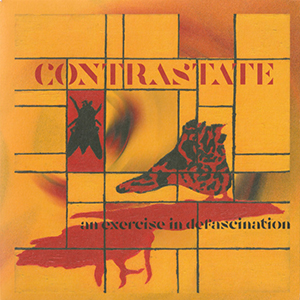 Functioning as a preview for a work-in-progress record, the two songs that make up An Exercise in Defascination (which will appear as different mixes on the album proper upon its completion) herald the theme of deconstructing giallo films that will appear there. Drawing from film soundtracks, as well as the overall themes of that specific style of horror film, Contrastate distill those very essences into a brief teaser of terror and surrealism perfectly.
Functioning as a preview for a work-in-progress record, the two songs that make up An Exercise in Defascination (which will appear as different mixes on the album proper upon its completion) herald the theme of deconstructing giallo films that will appear there. Drawing from film soundtracks, as well as the overall themes of that specific style of horror film, Contrastate distill those very essences into a brief teaser of terror and surrealism perfectly.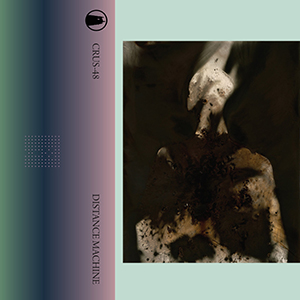 As Gog, Michael Bjella has developed a rather expansive catalog of bleak, heavy music, largely centered around guitar, noise, and extremely dark moods. On 2015’s collaborative record with Robert Skrzyński, Black Box Recordings, he shifted his focus to more abstract, noisier fronts. For his debut release as Distance Machine, he has mixed up the plans a bit more. Things are still oppressively dark for the most part but in a subtler, ambient context that reference classic works of the style while still showing Bjella’s own spin on it.
As Gog, Michael Bjella has developed a rather expansive catalog of bleak, heavy music, largely centered around guitar, noise, and extremely dark moods. On 2015’s collaborative record with Robert Skrzyński, Black Box Recordings, he shifted his focus to more abstract, noisier fronts. For his debut release as Distance Machine, he has mixed up the plans a bit more. Things are still oppressively dark for the most part but in a subtler, ambient context that reference classic works of the style while still showing Bjella’s own spin on it.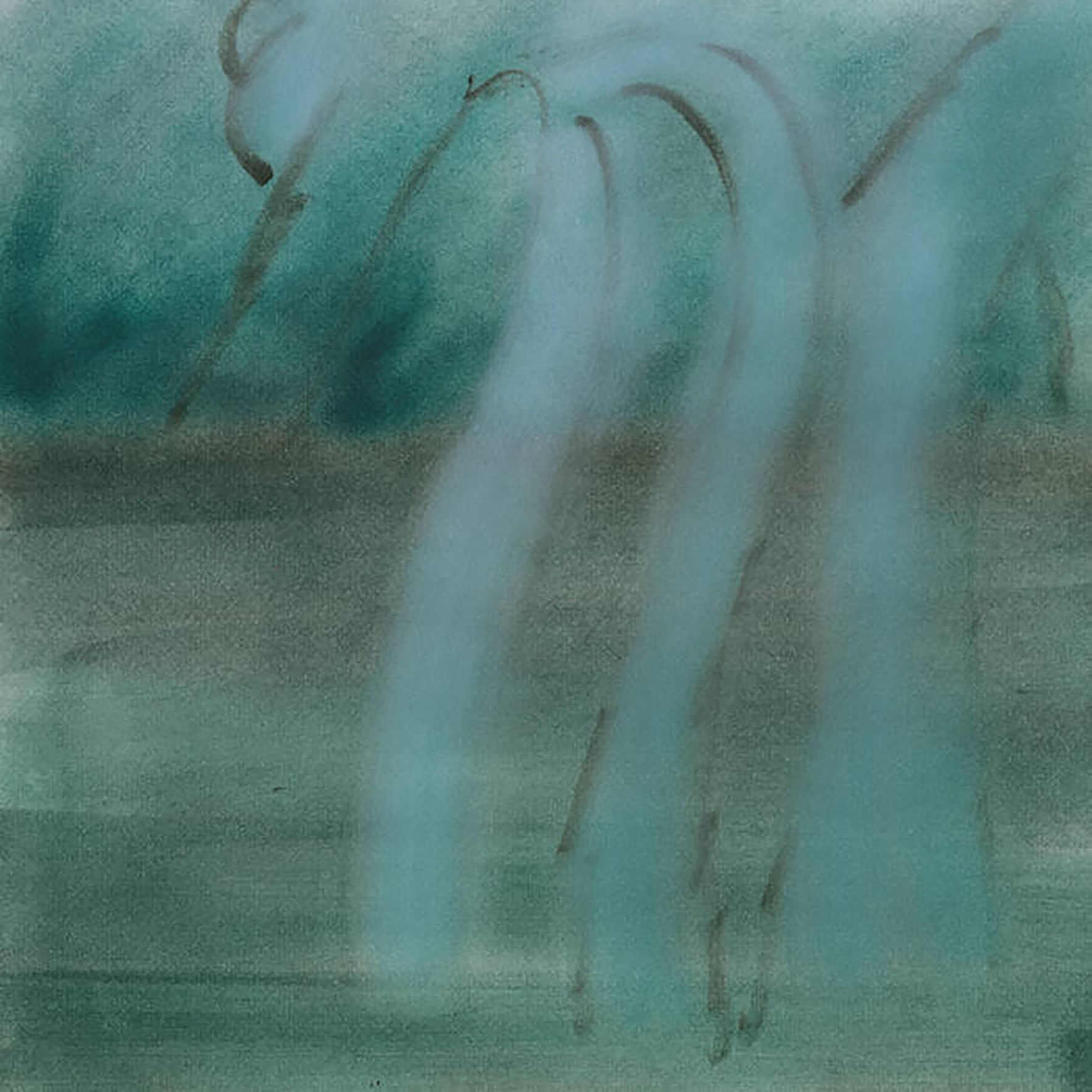 The Students of Decay label has had an impressive run of being way ahead of the curve over the years, as Alex Cobb’s imprint was responsible for the first major US releases from artists like Sarah Davachi and Natural Snow Buildings. The latest artist to be welcomed into that pantheon is Sante Fe-based composer Theodore Cale Schafer, making his vinyl debut after a handful of cassette releases and a very bizarre spoken word/conceptual album on Spain's Angoisse label. Cobb describes the album as "diaristic" and prioritizing "spontaneity and ephemerality," which seems as apt a description of Schafer's fragile, hiss-soaked vignettes as any, as the aesthetic of Patience is definitely an elusive and impressionistic one. When Schafer hits the mark just right, however, the results are strikingly beautiful, achieving a rare balance of simplicity, intimacy, and soft-focus unreality.
The Students of Decay label has had an impressive run of being way ahead of the curve over the years, as Alex Cobb’s imprint was responsible for the first major US releases from artists like Sarah Davachi and Natural Snow Buildings. The latest artist to be welcomed into that pantheon is Sante Fe-based composer Theodore Cale Schafer, making his vinyl debut after a handful of cassette releases and a very bizarre spoken word/conceptual album on Spain's Angoisse label. Cobb describes the album as "diaristic" and prioritizing "spontaneity and ephemerality," which seems as apt a description of Schafer's fragile, hiss-soaked vignettes as any, as the aesthetic of Patience is definitely an elusive and impressionistic one. When Schafer hits the mark just right, however, the results are strikingly beautiful, achieving a rare balance of simplicity, intimacy, and soft-focus unreality.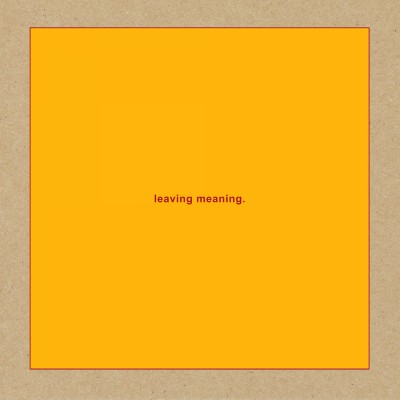 Michael Gira may have announced that Leaving Meaning would feature Swans continuing in a different form after closing the book on The Glowing Man in 2016. The change has been comparably more subtle than the stylistic shifts of the band throughout their nearly 40 year career, but the progress is distinct. This record draws not only from the recent albums, but also Gira's work with the interim Angels of Light project as well. The album is the perfect blend of the past and the recent, but looks direction to the future as well.
Michael Gira may have announced that Leaving Meaning would feature Swans continuing in a different form after closing the book on The Glowing Man in 2016. The change has been comparably more subtle than the stylistic shifts of the band throughout their nearly 40 year career, but the progress is distinct. This record draws not only from the recent albums, but also Gira's work with the interim Angels of Light project as well. The album is the perfect blend of the past and the recent, but looks direction to the future as well.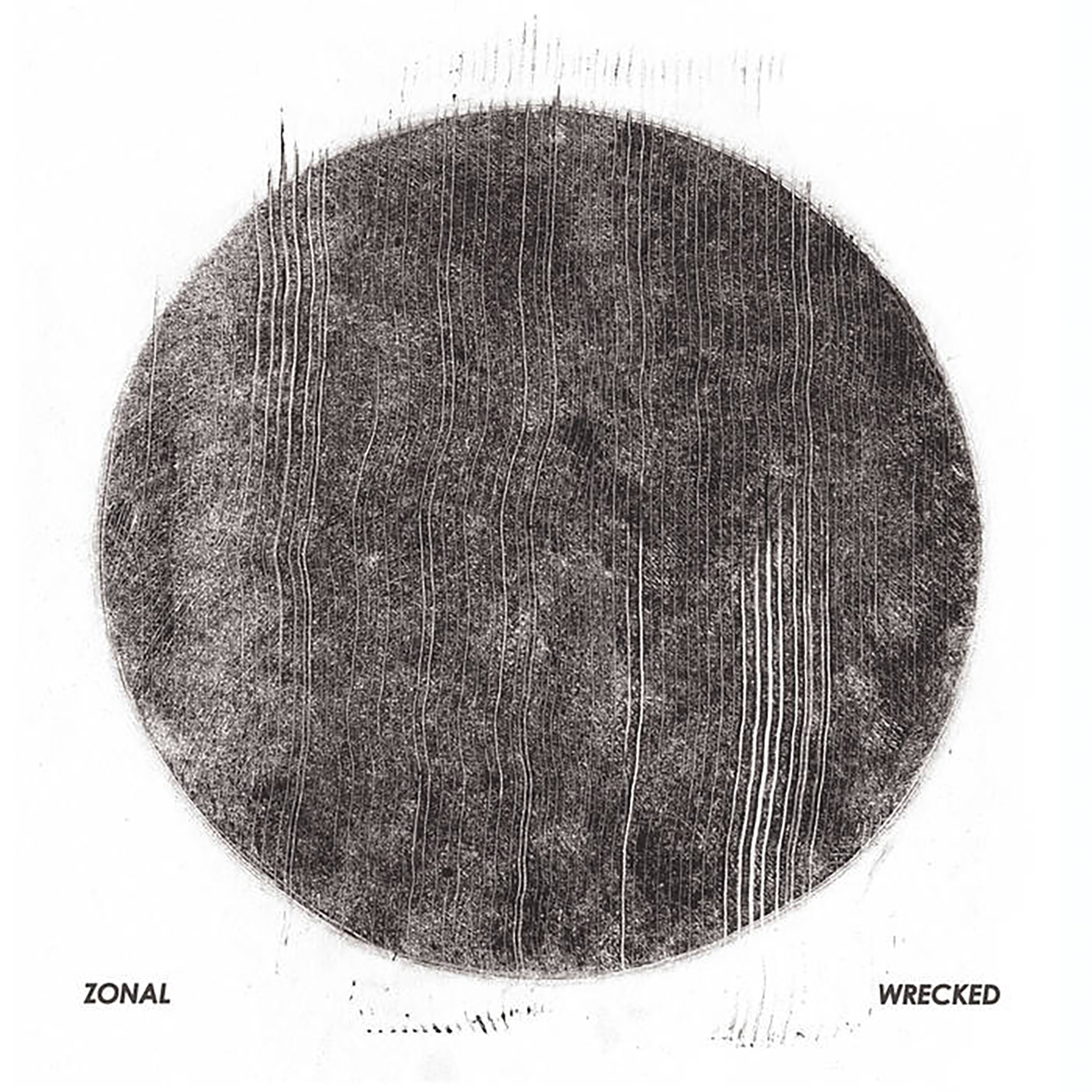 Justin Broadrick and Kevin Martin founded Zonal in 2000 and, other than a very limited CDR release, saw the project falling by the wayside, surely impacted by the collapse of Broadrick’s Godflesh a few years later. During this time Martin reconfigured his solo project The Bug into a blown out dancehall/dub/grime project, collaborating with a multitude of different MCs and vocalists. However, the two decided to reactivate Zonal to specifically pick up where Techno Animal left off with 2001’s The Brotherhood of the Bomb. That lineage is clearly heard via the distorted beats and processed synths, and with vocalist Moor Mother joining them for the first half, it culminates into a brilliant and fresh, yet familiar sound that stands strong with any of the duo’s previous collaborations.
Justin Broadrick and Kevin Martin founded Zonal in 2000 and, other than a very limited CDR release, saw the project falling by the wayside, surely impacted by the collapse of Broadrick’s Godflesh a few years later. During this time Martin reconfigured his solo project The Bug into a blown out dancehall/dub/grime project, collaborating with a multitude of different MCs and vocalists. However, the two decided to reactivate Zonal to specifically pick up where Techno Animal left off with 2001’s The Brotherhood of the Bomb. That lineage is clearly heard via the distorted beats and processed synths, and with vocalist Moor Mother joining them for the first half, it culminates into a brilliant and fresh, yet familiar sound that stands strong with any of the duo’s previous collaborations.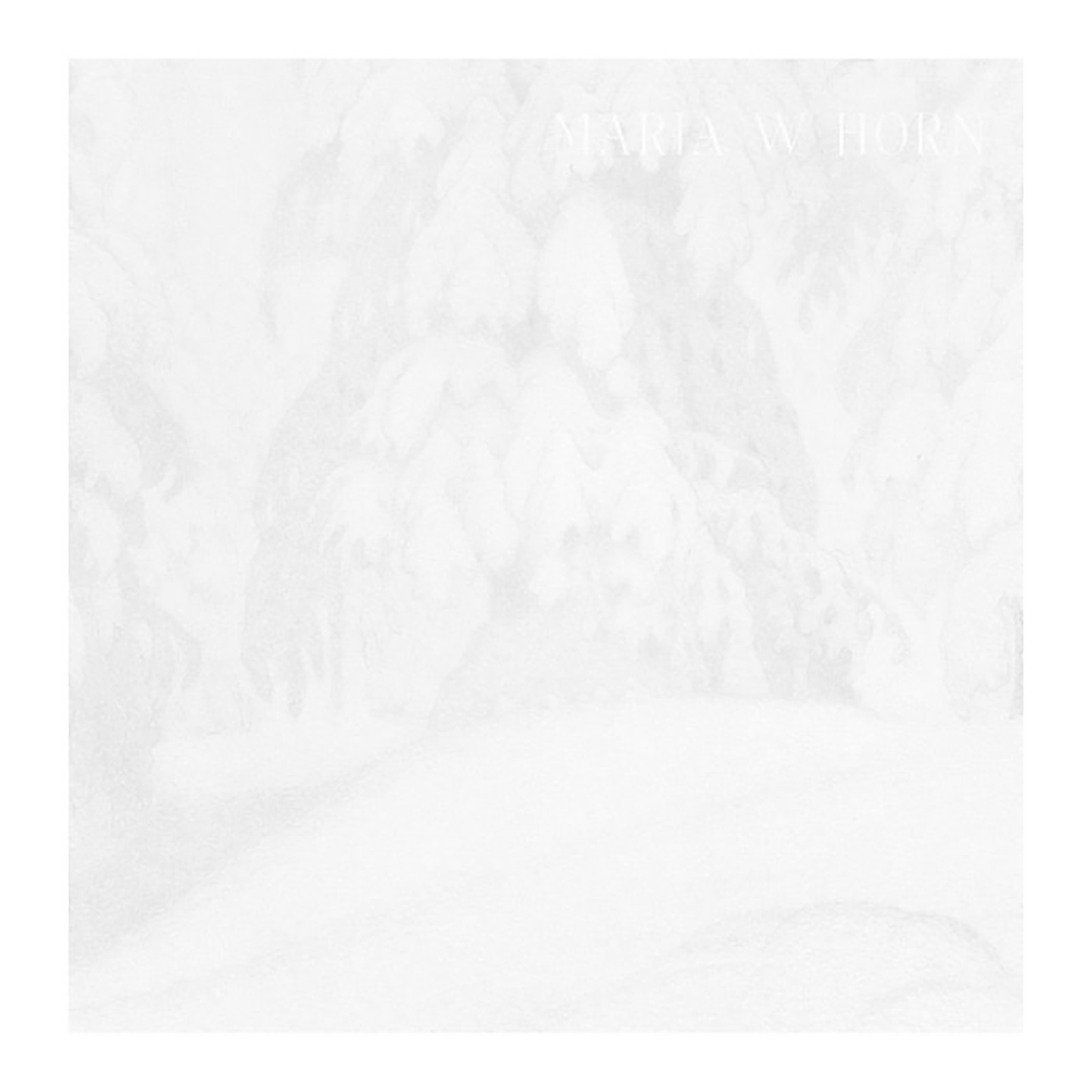
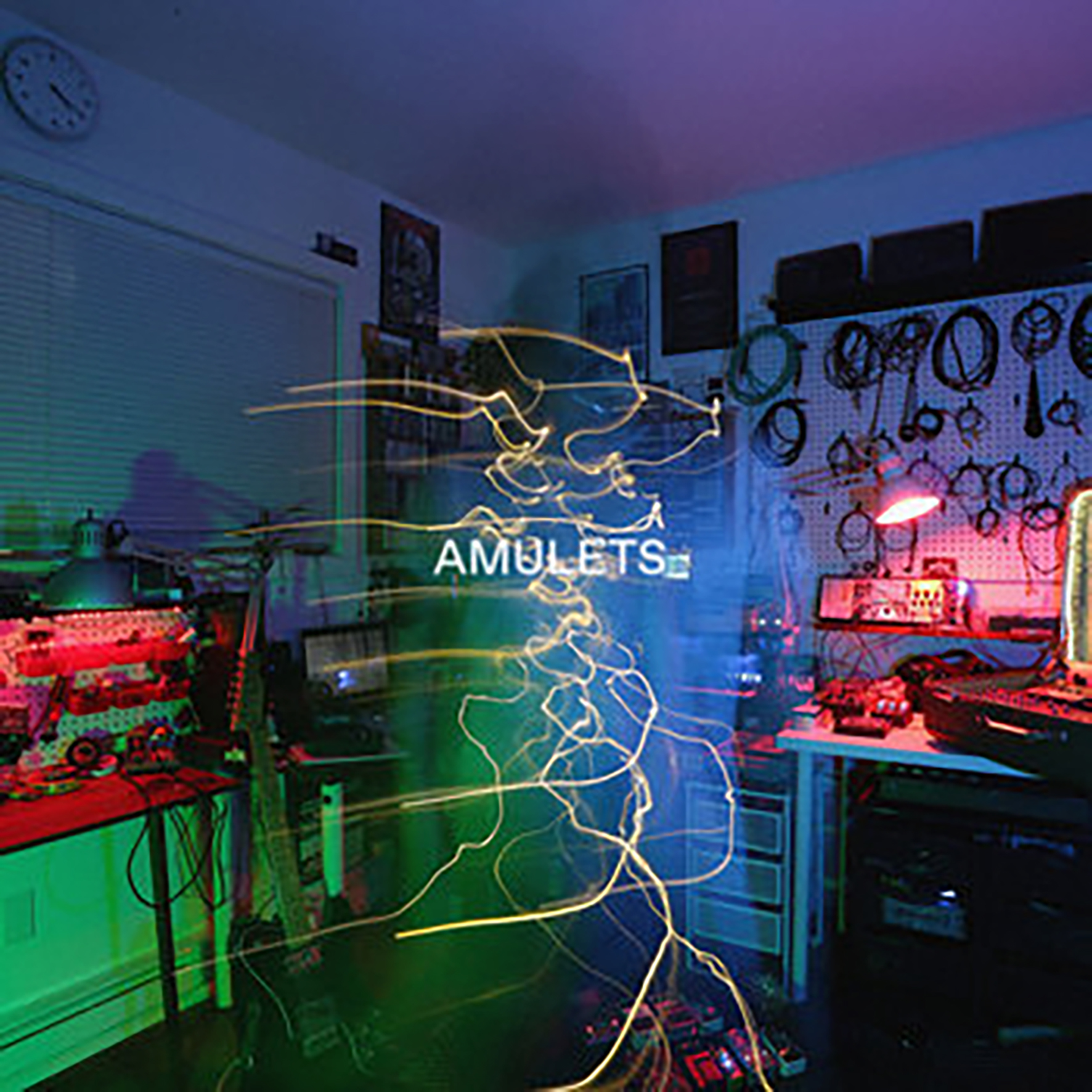 Randall Taylor has quietly emerged as one of the most talented and distinctive tape loop artists in the world over the last few years, steadily releasing a prolific flow of cassettes on a variety of labels. Remarkably, however, Between Distant and Remote is his first vinyl release, which I suppose makes this an auspicious occasion career-wise. It is also the first time I have personally delved seriously into his oeuvre despite my general predisposition towards warbly loops and obsessive repetition. I suspect the reason Amulets has eluded me until now is that Taylor uses tapes as a compositional tool to craft warm, dreamlike reveries of processed guitar ambiance rather than making the tapes the focus. Of course, the tapes very clearly are the focus in Taylor's process, but the finished compositions that ultimately emerge could easily be mistaken for the work of an ambient-minded guitarist with a passion for lush layering. If Taylor were a lesser artist, that approach would disappoint me, but Between Distant and Remote scratches a similar itch to classic shoegaze-damaged drone artists like Belong (and it gets there in an impressively inventive way).
Randall Taylor has quietly emerged as one of the most talented and distinctive tape loop artists in the world over the last few years, steadily releasing a prolific flow of cassettes on a variety of labels. Remarkably, however, Between Distant and Remote is his first vinyl release, which I suppose makes this an auspicious occasion career-wise. It is also the first time I have personally delved seriously into his oeuvre despite my general predisposition towards warbly loops and obsessive repetition. I suspect the reason Amulets has eluded me until now is that Taylor uses tapes as a compositional tool to craft warm, dreamlike reveries of processed guitar ambiance rather than making the tapes the focus. Of course, the tapes very clearly are the focus in Taylor's process, but the finished compositions that ultimately emerge could easily be mistaken for the work of an ambient-minded guitarist with a passion for lush layering. If Taylor were a lesser artist, that approach would disappoint me, but Between Distant and Remote scratches a similar itch to classic shoegaze-damaged drone artists like Belong (and it gets there in an impressively inventive way). Following up the limited 2015 release of her solo debut Surfacing, Faith Coloccia’s (also of Mamiffer) latest work is in some ways a continuation of that, but also something new entirely. With recordings dating back to 2015, Here Behold Your Own captures not only an artist, but a person in transition: the material was recorded before and mixed after Coloccia gave birth to a son with her Mamiffer/SIGE partner Aaron Turner. Like revisiting a photo album from many years past, she creates a perfectly somber, yet pleasurably nostalgic mood.
Following up the limited 2015 release of her solo debut Surfacing, Faith Coloccia’s (also of Mamiffer) latest work is in some ways a continuation of that, but also something new entirely. With recordings dating back to 2015, Here Behold Your Own captures not only an artist, but a person in transition: the material was recorded before and mixed after Coloccia gave birth to a son with her Mamiffer/SIGE partner Aaron Turner. Like revisiting a photo album from many years past, she creates a perfectly somber, yet pleasurably nostalgic mood.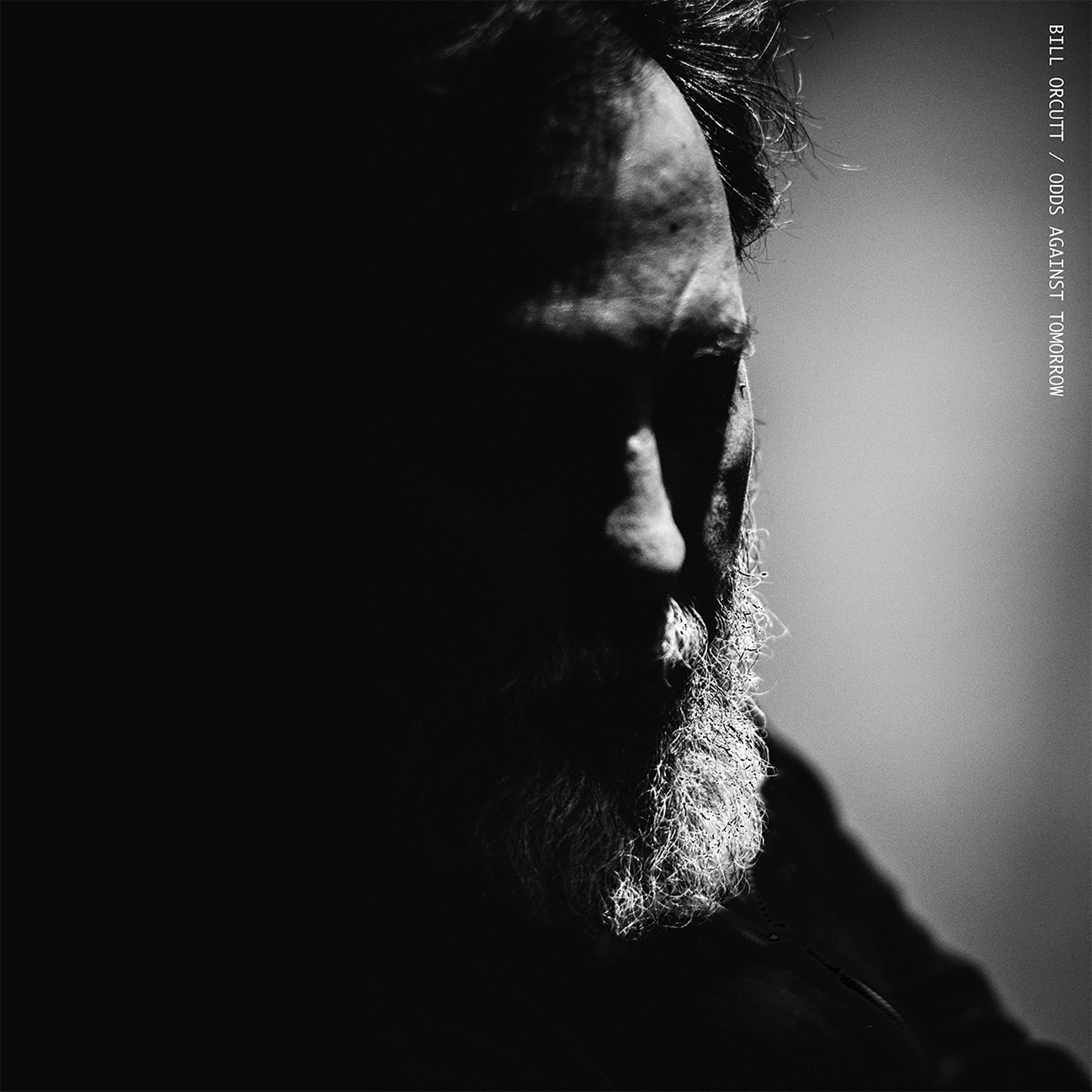 Bill Orcutt's career admittedly had quite an abrasive and chaotic start with Harry Pussy, but it has always been abundantly clear that he is one of the more idiosyncratic and explosive guitar stylists on the planet. It was not until he started releasing solo albums, however, that I began to feel like he was some kind of outsider genius rather than a room-clearing noise maniac (though I imagine it was impossible to convey any emotion more subtle than "baseball bat to the face" with a human volcano like Adris Hoyos behind the drum kit). In any case, Orcutt's late-career shift to more intimate, melodic material has been nothing short of a revelation and 2017's self-titled studio album was the brilliant culmination of that evolution. With this follow-up, Orcutt occasionally hits some similar highs, but Odds Against Tomorrow is more of an intriguing transitional album or lateral move than another instant classic, as he mostly dispenses with playing standards to focus on his own compositions and some very promising experiments with multi-tracking.
Bill Orcutt's career admittedly had quite an abrasive and chaotic start with Harry Pussy, but it has always been abundantly clear that he is one of the more idiosyncratic and explosive guitar stylists on the planet. It was not until he started releasing solo albums, however, that I began to feel like he was some kind of outsider genius rather than a room-clearing noise maniac (though I imagine it was impossible to convey any emotion more subtle than "baseball bat to the face" with a human volcano like Adris Hoyos behind the drum kit). In any case, Orcutt's late-career shift to more intimate, melodic material has been nothing short of a revelation and 2017's self-titled studio album was the brilliant culmination of that evolution. With this follow-up, Orcutt occasionally hits some similar highs, but Odds Against Tomorrow is more of an intriguing transitional album or lateral move than another instant classic, as he mostly dispenses with playing standards to focus on his own compositions and some very promising experiments with multi-tracking.
